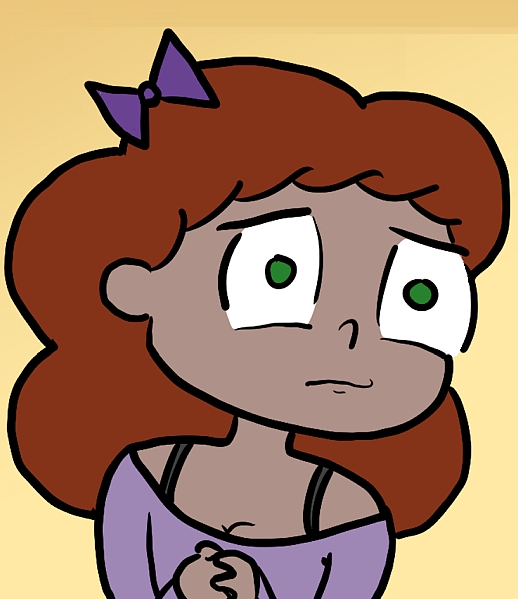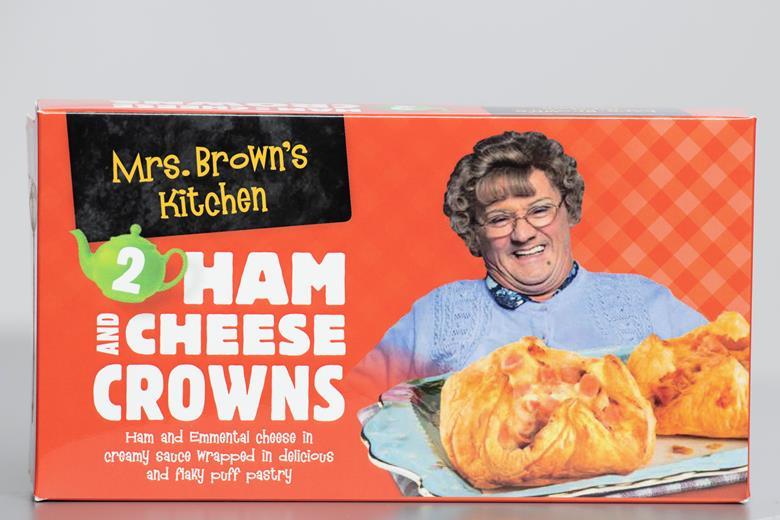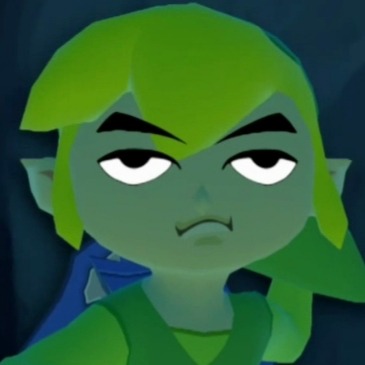- Welcome to Cook'd and Bomb'd.
-
 Is this proof that AI has...
by Sebastian Cobb
Is this proof that AI has...
by Sebastian Cobb
[Today at 11:55:38 PM] -
 Space Ghost Coast to Coast...
by Barry Admin
Space Ghost Coast to Coast...
by Barry Admin
[Today at 11:54:16 PM] -
 Terry & June gets a content...
by Cold Meat Platter
Terry & June gets a content...
by Cold Meat Platter
[Today at 11:50:54 PM] -
 watching The Sopranos for...
by madhair60
watching The Sopranos for...
by madhair60
[Today at 11:49:58 PM] -
Doctor Who - Series 14, part... by McDead
[Today at 11:46:21 PM] -
 Is this shit?
by Marner and Me
Is this shit?
by Marner and Me
[Today at 11:45:09 PM] -
 The All New Beatles Thread...
by non capisco
The All New Beatles Thread...
by non capisco
[Today at 11:44:32 PM] -
 The RedLetterMedia thread
by Kelvin
The RedLetterMedia thread
by Kelvin
[Today at 11:44:28 PM] -
 Shit films you have a fascination...
by dissolute ocelot
Shit films you have a fascination...
by dissolute ocelot
[Today at 11:43:34 PM] -
 "B*lt my hat's arse!"...
by Sebastian Cobb
"B*lt my hat's arse!"...
by Sebastian Cobb
[Today at 11:36:52 PM]
Members
 Total Members: 17,826
Total Members: 17,826 Latest: skinnylike
Latest: skinnylike
Stats
 Total Posts: 5,584,278
Total Posts: 5,584,278 Total Topics: 106,752
Total Topics: 106,752 Online Today: 1,514
Online Today: 1,514 Online Ever: 3,311
Online Ever: 3,311- (July 08, 2021, 03:14:41 AM)
Users Online
 Users: 80
Users: 80 Guests: 824
Guests: 824 Total: 904
Total: 904 pandadeath
pandadeath KaraokeDragon
KaraokeDragon Tarquin
Tarquin Mobius
Mobius ThisisJoeyC
ThisisJoeyC Hugl
Hugl Goldentony
Goldentony Poobum
Poobum machotrouts
machotrouts Found Wound Round
Found Wound Round McDead
McDead dissolute ocelot
dissolute ocelot Cold Meat Platter
Cold Meat Platter non capisco
non capisco EOLAN
EOLAN Mister Six
Mister Six Mark X
Mark X edwardfog
edwardfog crumblingman
crumblingman Tiggles
Tiggles frajer
frajer Ted_Dibiase
Ted_Dibiase Dex Sawash
Dex Sawash Wonderful Butternut
Wonderful Butternut JesusAndYourBush
JesusAndYourBush checkoutgirl
checkoutgirl sprocket
sprocket dinglebonce
dinglebonce Quote
Quote greenman
greenman Marner and Me
Marner and Me mrsleepy321
mrsleepy321 chutnut
chutnut canadagoose
canadagoose Enzo
Enzo Butchers Blind
Butchers Blind Kelvin
Kelvin RicoMNKN
RicoMNKN DreadedScotsman
DreadedScotsman pupshaw
pupshaw steve98
steve98 Stoneage Dinosaurs
Stoneage Dinosaurs StupidSexyPerro
StupidSexyPerro Luornu
Luornu C_Larence
C_Larence Bingo Fury
Bingo Fury notcherhorowitz
notcherhorowitz CS Lewis Jr.
CS Lewis Jr. Fishfinger
Fishfinger Operty1
Operty1 Theotherside
Theotherside katzenjammer
katzenjammer Wentworth Smith
Wentworth Smith David Pielingtonburygrot
David Pielingtonburygrot madwolfinamatchbox
madwolfinamatchbox ProvanFan
ProvanFan KindaSorta
KindaSorta TheDreamIsOver
TheDreamIsOver Elfking
Elfking Blumf
Blumf Proactive
Proactive
